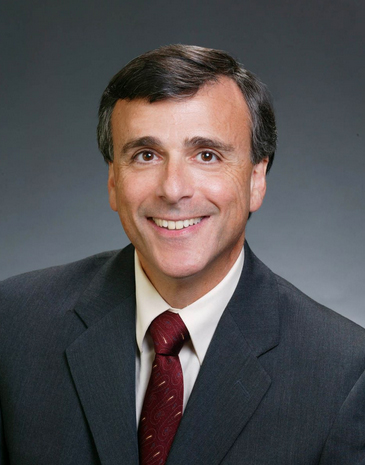
Paul Gionfriddo
President and CEO, Mental Health America
I became President and CEO of Mental Health America on May 1, honored by the opportunity to work with so many wonderful advocates on behalf of people with concern for mental health. At Mental Health America, our goal is:
- prevention for all
- early identification and intervention for those at risk
- integrated health and behavioral health services for those who need them, and
- recovery as a goal
Changing the treatment paradigm
For too long, policymakers and some advocates have been mired in what I call Stage 4 thinking. They have accepted the largely false premise that mental health concerns and violence are intertwined. They have accepted “imminent danger to self or others” as a standard for diagnosis and treatment of mental illnesses.
But as I have said repeatedly, mental illnesses are the only chronic conditions that we treat this way. They are the only chronic conditions where, as a matter of public policy, we wait until Stage 4 to treat, and then often only through incarceration.
Some people try to claim that this is “for their own good”—that they might otherwise refuse to accept needed care. But imagine the outcry if we treated people with cancers this way. First, we waited until Stage 4, telling them that they could probably get better if only they’d try. Second, when they progressed to Stage 4 and refused chemotherapy, we hauled them off to jail. Does anyone really think that we would put up with this?
At Mental Health America, we’re trying to change the way people think about both mental health and mental illnesses. We want people to understand that serious mental illnesses exist on a continuum. The ten years that typically pass from the emergence of symptoms to proper diagnosis and treatment give us ten years of opportunities to intervene and change the trajectories of people’s lives. We don’t have to wait until Stage 4. In fact, it is tragic when we do.
We want people to understand that mental health is a part of overall health. A body can’t be healthy without a healthy brain, and a brain can’t be healthy without a healthy body. Former U.S. Surgeon General Dr. David Satcher has made this point eloquently in a video message he prepared for our 2014 annual conference. His thoughts have been echoed by both behavioral health and public health advocates for years. As we often say—there is no health without mental health.
Putting our efforts where our advocacy is
This past April, MHA launched a new online mental health screening site, with depression, anxiety, bipolar, and PTSD screens. Within four months, more than 100,000 screenings were completed. Young women were the most prominent screeners, and they frequently tested positive and/or in the moderate-to-severe range for one or more of these conditions. We plan to expand this program in the future, and will offer a new set of follow-up activities and programs for the coming year.
In addition, we will be publishing a new report this fall, documenting the mental health status of our nation’s people in all fifty states. This report will be available to the public, and we think that it will demonstrate just how far our policy initiatives still have to go.
It will also provide a reference point for evaluating the effectiveness of both the Affordable Care Act and behavioral health parity legislation. We’ll offer the first sneak preview of the data at our annual meeting on September 11th.
Finally, we’re in the process of launching our new umbrella campaign, called “Before Stage 4” (#B4Stage4), to help move everyone’s attention upstream. We think that everyone—no matter where they stand on heated issues—will rally around this concept, and we’ll be looking for endorsers and partners for activities throughout the coming year.
Questions
- How do you think early screening and intervention can be used to treat mental health conditions before they get to stage 4?
- What will you or your organization do to support upstream programs in your community?









Connect With Us